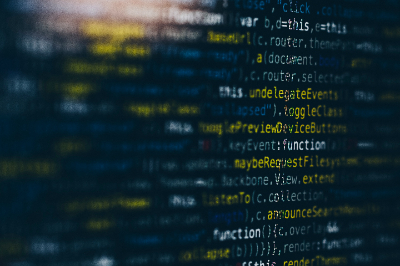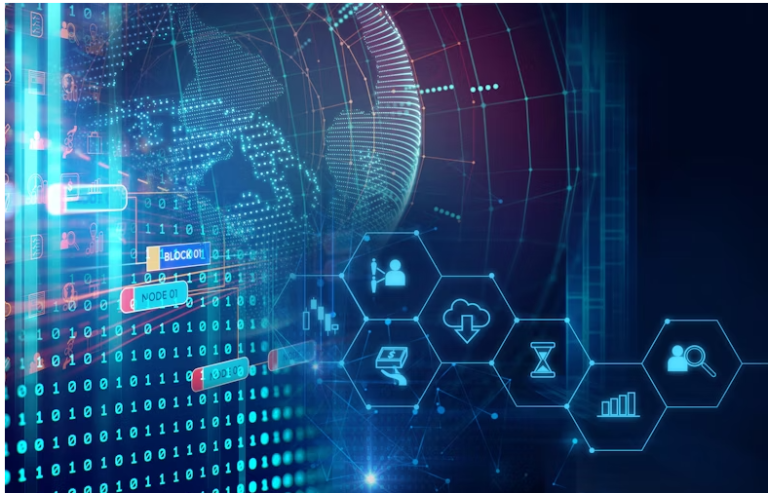The intersection of technology and intellectual property rights has become increasingly contentious in the realm of artificial intelligence (AI). In a noteworthy legal confrontation, The New York Times and Daily News have taken steps to sue OpenAI, accusing the tech company of unauthorized use of their copyrighted material to train AI models. A recent development in the case raises questions about data management, accountability, and the complexities of fair use in the modern digital landscape.
The saga took a dramatic turn when lawyers representing The Times and Daily News revealed that data, which may be pivotal to their case, was allegedly erased by OpenAI’s engineers. Following an accord earlier in the fall, OpenAI had supplied two virtual machines for legal experts to sift through the AI company’s training data in search of their clients’ copyrighted content. However, on November 14, OpenAI engineers reportedly deleted search data on one of the machines, undermining weeks of effort spent by legal teams and external experts who dedicated over 150 hours to this task since November 1.

The legal representatives asserted in a letter submitted to the U.S. District Court for the Southern District of New York that the deletion of important metadata rendered the recovered data largely useless. The letter lamented the loss of not only time but also the significant expense incurred in terms of labor and resources. This incident poses larger implications for how data integrity and preservation are managed by large tech companies.
Interestingly, the plaintiffs’ counsel expressed a clear stance that they did not suspect malfeasance on OpenAI’s part regarding the deletion. Yet, the unfortunate incident exemplifies a broader issue: the expectation for tech companies to maintain meticulous records, especially when such data may be scrutinized in legal proceedings. The statement from the plaintiffs serves as a reminder that thoroughness in data handling is paramount, especially for companies as influential as OpenAI.
The essence of this legal battle lies in whether AI systems’ training processes qualify as “fair use.” OpenAI has maintained that the utilization of publicly accessible data, including journalism pieces from The Times and Daily News, falls within the allowable uses defined under copyright law. This assertion has been met with skepticism by the plaintiffs, who argue that consent for the use of their proprietary content was neither sought nor given.
OpenAI’s response to the allegations was quick and pointed. It firmly denied any claims of intentional evidence deletion, attributing the mishap to a configuration failure. The company stated that adjustments made at the plaintiffs’ request inadvertently disrupted folder structures and file names critical to data retrieval. This claim suggests a level of miscommunication and raises critical questions regarding process management in legal contexts requiring strict adherence to evidence preservation.
Legal battles, especially those involving technology and intellectual property, often leave one party feeling aggrieved. The plaintiffs’ insistence on a thorough examination of the AI’s training data exemplifies the need for transparency in how AI systems are developed. Moreover, the apparent ongoing struggle to attain tangible accountability from AI developers offers a clarion call for clearer regulations outlining the responsibilities and liabilities associated with AI training.
As discussions unfold, the implications extend beyond this specific case. The understanding of fair use in an AI context remains nebulous, a fact that OpenAI seems to exploit while it engages in licensing discussions with various media entities. Notably, partnerships with organizations such as the Associated Press and Financial Times indicate that OpenAI is navigating a complex landscape; it seeks to appease copyright holders while continuing to innovate.
Additionally, as AI models grow increasingly sophisticated, the tension between technological advancement and the protection of creative works will become more pronounced. The outcome of this lawsuit could establish crucial precedents that shape the future of AI training methodologies and copyright law.
The legal entanglement between OpenAI and major news publishers highlights a watershed moment at the intersection of innovation and intellectual property rights. As the case develops, stakeholders across industries are left wondering about the implications for their work and the safeguard of their rights. It is clear that this legal confrontation will not only impact the parties directly involved but also lay the groundwork for how such issues will be approached in the evolving digital economy. The ongoing dialogue about data security, fair use, and responsibility will be critical in shaping a more equitable framework for both technology companies and content creators.


Leave a Reply